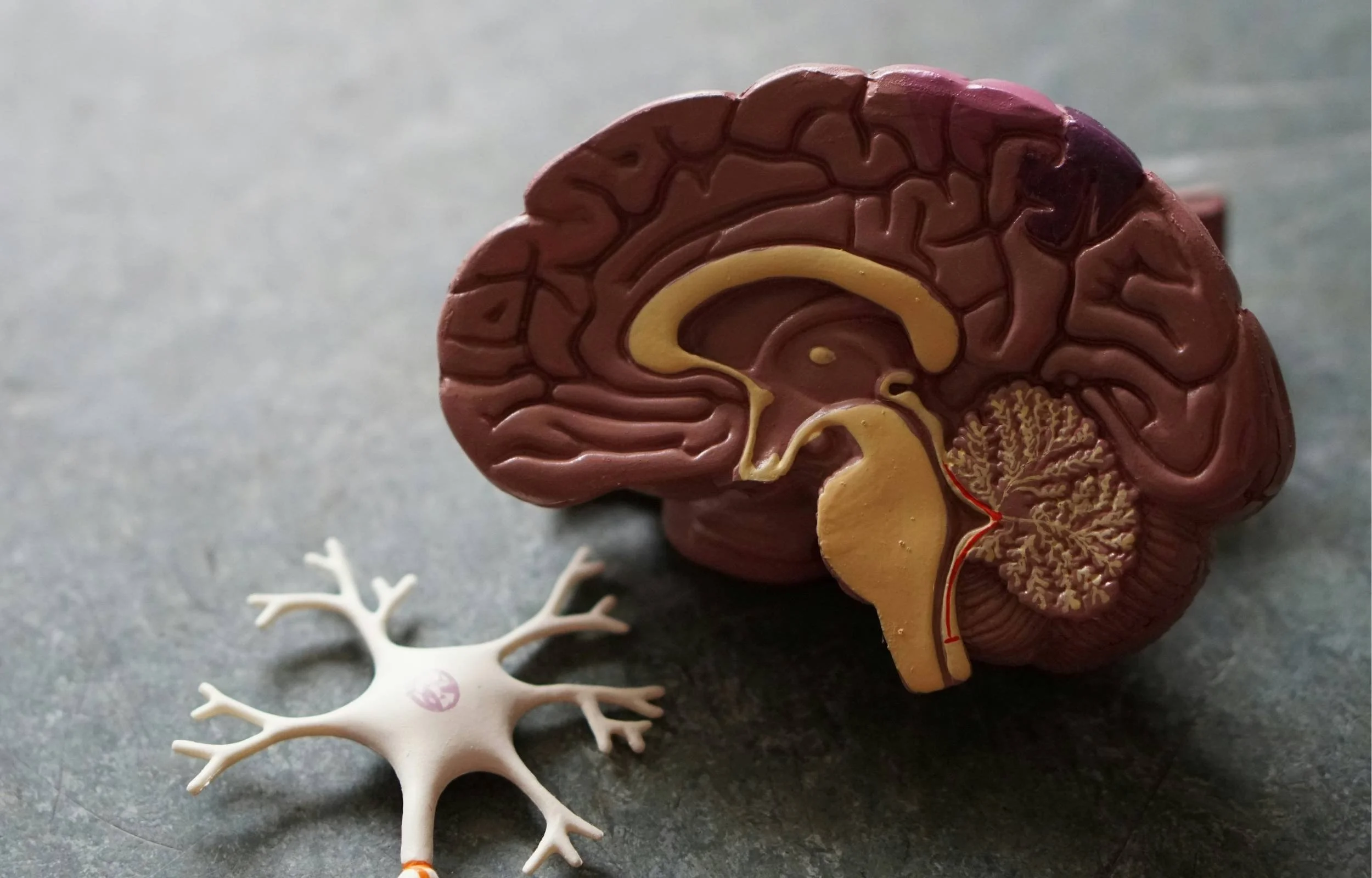Gone, is that feeling of uncertainty, that uneasiness of “just what is wrong with me?”. We may experience relief from now having a label to describe our experiences, or perhaps feel sombre over being different. It is okay to allow ourselves some time to breathe and to feel our emotions.
Once calmed, the thought may then occur to us, “What’s next? What do I need to know? What should I ask?”
Here are 20 questions that may prove useful:
Clarification of diagnosis
1. What does “borderline” mean?
2. Why is it called a “personality disorder”? Am I a bad person?
3. What symptoms of BPD do I display?
4. Could there be other diagnoses with similar symptoms? Are we certain I have BPD?
5. Do I have any comorbidities?
Learning
6. Was I born with this? How did I get this?
7. Do you have any tips for managing my symptoms and feelings?
8. Do you have any recommended resources that would help me better understand BPD?
9. Do you know of any support group that I can join?
10. Are there films or books about BPD that I may be able to relate to?
11. How should I tell my loved ones about this?
12. How can I tell if someone still loves me?
13. Will this affect my relationships?
14. Will this impact my professional career?
15. Is there anything I should avoid?
Treatment
16. Is this curable?
17. Are there any medications that may help? What are the side effects?
18. What is the most effective treatment?
19. When will I get better?
20. Is it possible to relapse?
It has likely taken bravery and effort on our part to seek professional assessment, and we should give ourselves a pat on the back. Similarly, the road to recovery may seem arduous and daunting, but let us once again find the courage to persevere, so that we may better enjoy relationships with others.





